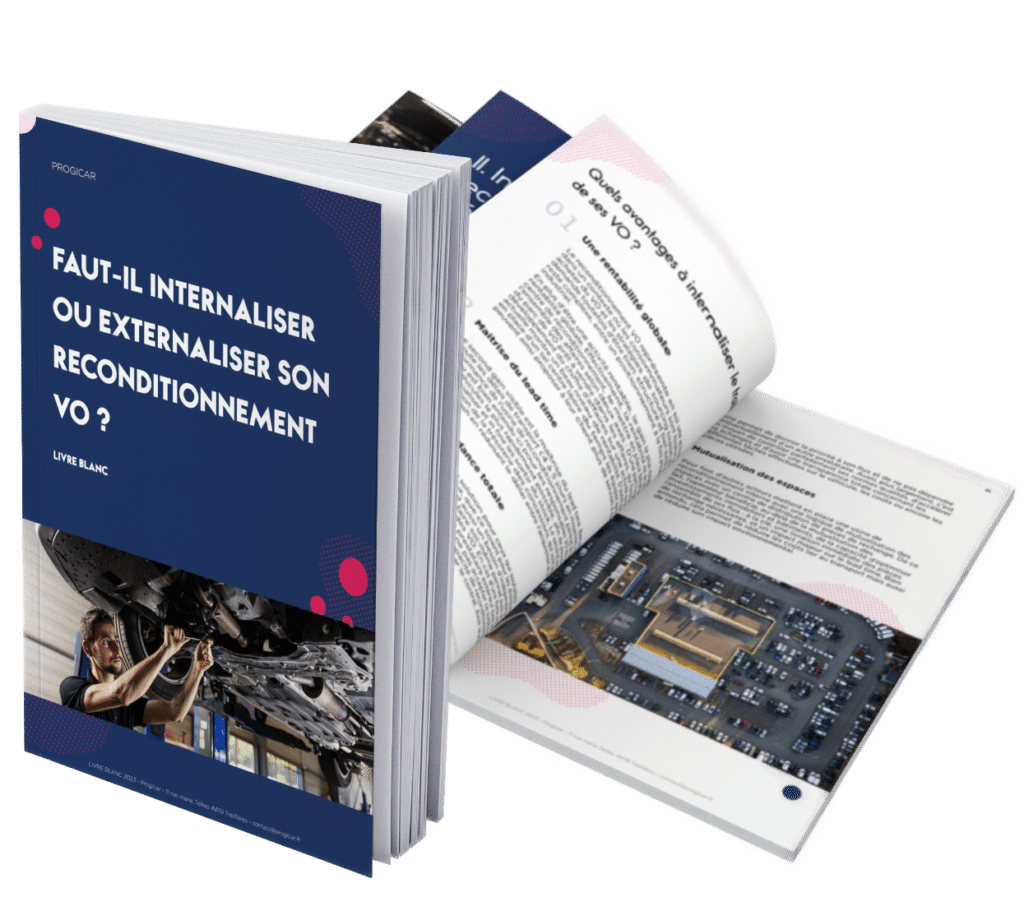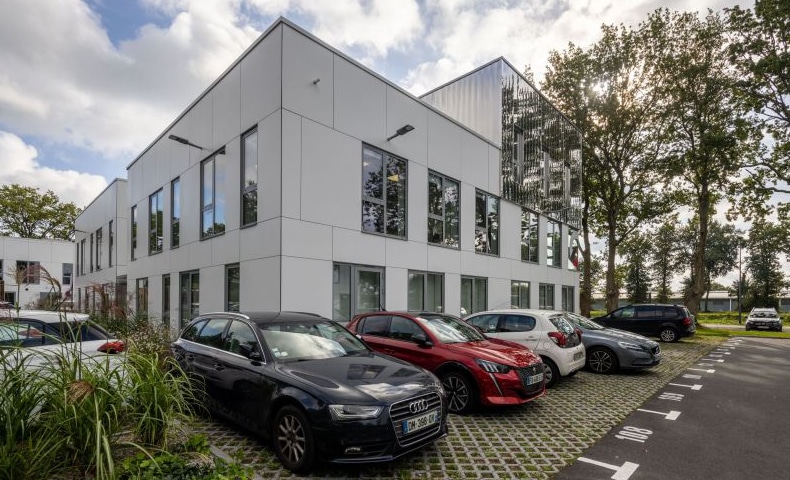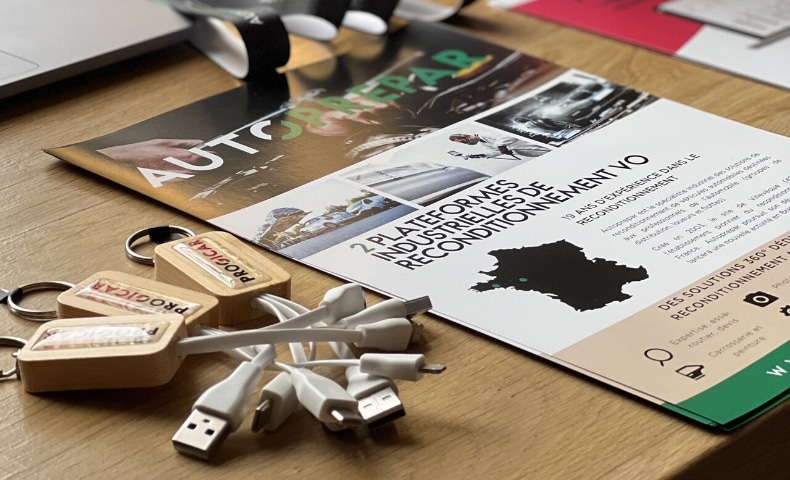Should you insource or outsource your used-vehicle reconditioning?
Whether you're a vehicle manufacturer, distributor or leasing company, at least one of these questions has already crossed your mind: how can I improve the performance of my used vehicle reconditioning? Should this skill be integrated within the group, or outsourced to specialists? What are the criteria for making the right choice?
Today, 3 out of 4 vehicles sold in France are on the used market, and these products represent a significant source of margin in the current environment. Against this backdrop, professionals are under pressure to (re)structure themselves in areas where market share is still up for grabs. New strategies are therefore being put in place around the reconditioning of used vehicles, up to and including the internalization of used vehicle reconditioning and the construction of dedicated plants. This is the choice made by some automotive distributors, such as the Gemy group.
However, this is not the only way: other distributors choose to outsource their used-vehicle flows, for example, because they do not have the volume of used vehicles to justify the investment.
In this white paper, we'll look at the many facets of the issue, so that you can build a response tailored to your situation.
What you'll learn in this white paper:
- Benefits common to both options
- When should you outsource your used-vehicle reconditioning?
- What are the advantages of outsourcing your VO processing?
- Points to consider before outsourcing
- When should you bring VO reconditioning in-house?
- What are the advantages of outsourcing VO processing?
- Points to consider before setting up a VO reconditioning plant
- What makes a VO preparation plant a success?





